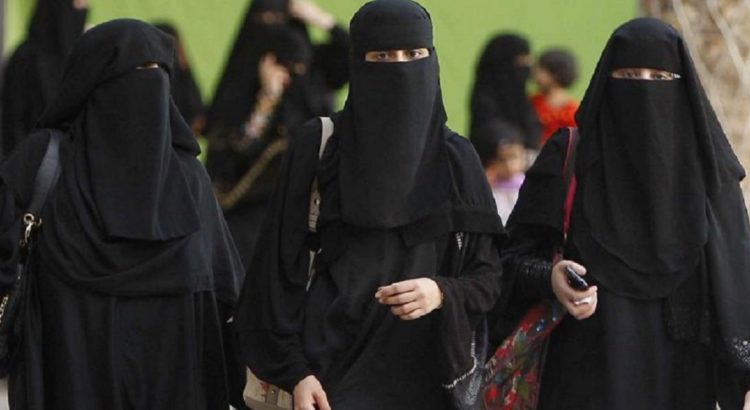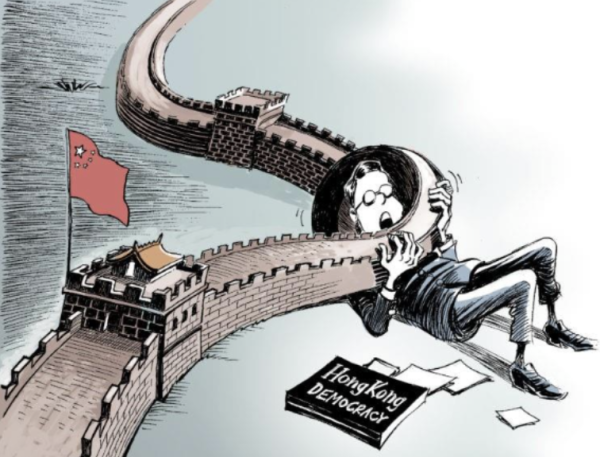Saudi Women: Who Are They Again?
SAUDI ARABIA- Despite the legalization of female driving this past September, Saudi Arabian women
still have an extreme amount of restrictions that prohibit their daily lives. However, with no end in sight
to male guardianship, it seems that there are few solutions to the systematic sexism.
The male guardianship laws that were first put in place with the purpose “helping women” now cause
more issues for them as ever, especially with the current crackdown on political activism. While women
may be able to drive, the list is practically endless for their restrictions. The limitations prohibit everyday life in a way that is symbolic of slavery or prison. Women cannot travel, marry, divorce, get a job, or receive surgical services without permission from their guardians. However, they also have restrictions that prohibit other aspects of life such as enter public wearing anything but a full-length black abaya, retain custody of children after divorce, get a fair hearing in court, receive a passport without male consent, and even mix freely with the opposite sex. This causes many of them to run away, or commit suicide in order to escape the harsh Patriarchy that they have been so oppressed by. However, changing it is far from as easy as it sounds: one Saudi woman even says “We don’t need to change the laws, we need to change everything completely so we can live a normal life.”
Since it really is not the laws that are the issue, but the societal degradation, it becomes even more
difficult to evolve with the changing times. So if it seems unlikely to change the legislation and
impossible to change the culture, how can we fix it?
Some experts say that the only way to help Saudi Arabia is to involve the rest of the world. The first step
would be to eliminate the male guardianship laws and force the Saudis to obey these laws through
international police stations. “The only way for change would be for it to come quickly, swiftly, and
effectively before the government throws us back in our box.” says one Saudi woman. What these people then want is an immediate interception, despite the many repercussions of this which would be mass protests and severe violence against women. As a result of the potential negatives, other feel that it should instead be a slow process of integration. After all, it is believed that almost all countries will have full women’s rights such as equal laws, equal pay, and equal care systems by the year 2190. This would simply mean changing the laws, one-by-one until there are so many limitations on the male guardianship laws, they’re practically do nothing anymore. However, the issue with this is that women still would have to face the oppressive society for at least another hundred years.
None of these solutions are completely acceptable, which adds to the delicacy of the situation in Saudi
Arabia. However, it is important to fix the smaller issues, such as those that impact every day for Saudi
women in order to decrease the sexism within their society and allow for less suffering in the meantime.









